
In March 2024—ironically, on the 50th anniversary of the release of the Phantom’s Divine Comedy effort—we received an email from drummer Stan Burger, in response to our March 2023 posting regarding his band, the Revolvers, and their connection to that infamous “Jim Morrison solo album” from 1974.
Stan tells us that, prior to their joint tenure in the Revolvers, he and guitarist Don Hales, along with guitarist John McDaniel, formed the 3 Deuces.
“We were just these kids forming our first band. Don lived a few houses down from me, while John lived past Don and was friends with him. Our sets were all covers, featuring stuff from the Byrds and the Hollies. We did ‘Eight Miles High,’ which sounded great because Don played a 12-string and we were great at harmonies. We played at places like the White Oaks Inn. A few school dances, too.

“I wasn’t in the Revolvers that long, so I don’t remember much, I’m sorry to say. I knew Ted [Pearson] from Oxford High School. I didn’t know Harold [Beardsley] and met him through Ted and they knew Don through me. Ted was always the tallest guy in the room and was on the school’s baseball team.
“I know that Limberlost flyer for the Revolvers show you posted [November 04, 1967] says the band was releasing a ‘new single,’ but I don’t recall us ever recording or doing original material. We did a lot of covers. Ted particularly loved Cream and we did a lot of Doors tunes. I believe I was in the Shaggs at that point [their earliest documented show was in November 1967]. So maybe they kept going and did something with another drummer.
“The Revolvers played The Limberlost a lot, as it was a popular teen hangout in the day. We went to [the] Mount Christie [ski resort] in Oxford quite a few times and The Roostertail [for their “Upper Deck” and “Saturday Night at” all-ages events]. I had no idea of Ted’s career accomplishments with the [Capitol] album, and after that [Pendragon] until seeing your article on the Revolvers.”
While most Detroit garage bands disappeared without recording a long-forgotten single, Stan Burger was fortunate enough to have his drumming last via overseas-bootleg compact disc compilations dedicated to ’60s U.S teen bands [a fate that plagued Detroit’s the Ascots and the Sincerely Yours with their own, one-off 45-singles]. After leaving the Revolvers, Burger joined Orchard Lake’s the Shaggs, which released their one-off single on Capitol Records—both on U.S shores and select European markets.

“Those were some exciting times playing in the Shaggs,” continues Stan Burger. “Ray Skop, our manager, was enthusiastic, ambitious and had some big plans for us. He was obsessed with Brian Epstein and wanted that type of success, so the Shaggs did a lot of Beatles covers. We idolized the Thyme out of Kalamazoo [Michigan, 1966 to 1968; three singles] and tried to be like, sound like the Thyme. They opened for Jimi Hendrix and Cream and we wanted that for ourselves.
“Since we had a single on a big label, Ray booked us into a lot of clubs, like the Silverbell Ski Lodge [Hideout], the Mount Holly Ski Lodge in Oakland County, the Grande Ballroom, the Crow’s Nest, the Village Cave in Lake Orion, and there were a lot of high school events. The Silverbell was particularly memorable: It was a fixed up old barn out on Bald Mountain Road that had a dance floor on the second level with a stage at the other end. The first floor had a stage and dance floor with a big working fireplace. Most nights bands played on both stages. We saw everyone there: Bob Seger, SRC and Tea, so the Shaggs playing there was exciting.
 “You mentioned Pioneer Recording Studios in Detroit [where the Rationals and the Detroit Vibrations, aka Frijid Pink, recorded] as where we [possibly] recorded our Capitol single. It does seem to ring a bell; maybe the Shaggs tried to record there after I left. I do remember, when recording the single, the three of us, me, Roy and Perry, standing in the booth, under the microphone, singing vocals over the backing track. I thought, ‘I’m recording for Capitol Records like Bob Seger. This could be big.’ [Seger released his Capitol debut single, “2 + 2=?” from Ramblin’ Gamblin’ Man, in 1968].
“You mentioned Pioneer Recording Studios in Detroit [where the Rationals and the Detroit Vibrations, aka Frijid Pink, recorded] as where we [possibly] recorded our Capitol single. It does seem to ring a bell; maybe the Shaggs tried to record there after I left. I do remember, when recording the single, the three of us, me, Roy and Perry, standing in the booth, under the microphone, singing vocals over the backing track. I thought, ‘I’m recording for Capitol Records like Bob Seger. This could be big.’ [Seger released his Capitol debut single, “2 + 2=?” from Ramblin’ Gamblin’ Man, in 1968].
“As far as the Shaggs from Miami, Florida, you’ve told me about, that Ray Skop brought them to Detroit to record [“Ring Around the Rosie” b/w “The Way I Care,” 1966, on Palmer Records]: I don’t recall that piece of history. We were the Shaggs and Ray didn’t name us. I don’t recall covering those songs in our sets as a ‘continuation’ of that band, either. I never heard of this story until you told me. We did, however, in addition to Beatles covers, do a lot of Roy Orbison and Elvis covers at Ray’s request, which is probably why we recorded ‘Mean Woman Blues’ as our A-Side. Roy [Rouse] of course, was great, sounding like Roy Orbison and Elvis; even Jerry Lee Lewis tunes. Perry [Rouse] was great with the Beatles songs.”
A part of the Detroit Shaggs’ history is their connection to the city’s rock royalty that is embodied by Bob Seger, as well as making a coveted appearance on WKHM disc jockey Robin Seymour’s popular, CKLW-TV Channel 9’s television show.
“During the early, local days of Bob Seger’s career, he needed a backing band for one of his dates at the Silverbell, so the Shaggs did that gig,” tells Stan Burger. We also did our Byrdsy B-Side, ‘She Makes Me Happy,’ on Swingin’ Time.
“As far as this story you’ve told me about Ray Skop being the first manager of the Amboy Dukes and his co-writing ‘Journey to the Center of the Mind’ with Ted Nugent and Steve Farmer, at the same time he managed the Shaggs, that’s wild . . . if it’s true. It’s the first time I am hearing it. I never met Ted and we never did any shows with the Amboy Dukes. I’d think I’d remember an Amboy Dukes show! If Ray did work for Hideout Records [Ed “Punch” Andrews’s label], as you’ve said, that must have been after the Shaggs, too.
“The Shaggs met Ray Skop through Bob Burwell who produced the record and was the bassist in the Wilson Mower Pursuit [with Rick Stahl of the Sincerely Yours]. He was the bassist on the single and wrote ‘She Makes Me Happy.’ Our original bassist was Jim Gilliam; I don’t recall why he wasn’t on the record. Doug Preston was on lead guitar, I was on drums and backing vocals, and then the brothers Ray and Perry Rouse. Again, Ray sings lead on our Roy Orbison cover, ‘Mean Woman Blues’ [the A-Side], and Perry sings ‘She Makes Me Happy.’ I went to Oxford High School with Ray and Perry; we were in the school choir, together. The Rouse family was a large one with seven brothers, as I recall.
“Sadly, Perry passed some years ago. I reconnected with Doug Preston from the Shaggs in our next band, Circus. He’s a longtime friend of Bob Sexton, who was also in Circus, as well as with Don Hales from the Revolvers. Don knew everyone since he worked at [Frank Merwin’s] Pontiac Music [and Sound] in Sylvan Lake. That opened around 1973, when Circus got started. Those were the days of the Firebird Lounge where I remember [Johnny Heaton’s] White Heat being a very good band.”

As is the case with most teen bands on the Detroit scene, such as Waterford’s the Coronados, the Shaggs’ career momentum—that chance “to make it big,” as Stan Burger reflected during the recording of their single—was lost as result of the Vietnam War.
“I was drafted into the Army in 1969. I served from September 1969 to September 1971. So, I was out of the scene for two years and lost touch with everyone. That’s why there was never another single for the Shaggs. I understand Ray Rouse got together with Robert Burwell again in the Roustabouts [most likely inspired by Elvis’s 1964 movie of the same name, with the other “Rouse” about-brothers, Perry and Randy].
“The Rouse brothers formed a country-rock band, Summit, which was Roy and Perry on lead vocals, and their brother Randy. They released a nice album; Life’s a Dream [1981; rounded out by Marty McCarrick on drums and Ed Kubilus on piano, saxophone, and trumpet. As of 2021, the album is available on You Tube via CD Baby].
“When I returned from the war, I got back into music with Circus, which was, again, Doug Preston, Bob Sexton, and, for the life of me, I can’t recall his name, but he was a relative of Doug’s. That was the earliest version of the band. As with my previous bands, Circus covered popular songs. We were around for a while and played Lake Orion’s Royal Oak Inn, Waterford’s 300 Bowl, and the Mount Holly Ski Lodge, with its Swiss Chalet-styled building and big wood trusses. It was there I’d seen early shows by Bob Seger and Terry Knight and the Pack.
“As you wrote on the Revolvers post, yes, Don Hales did end up in Jacob’s Folly, but I think the band’s name was Jacob’s Kelly and they were from Flint. I haven’t spoken to him in ages, but I believe he is still alive in Clarkston, Michigan. I am sorry to hear that Harold Beardsley passed and sad about how Ted Pearson died. Don had a duo with someone named Jim Davis, and then did a rock ‘n’ roll oldies revival show with the Fast Eddie Band for many years. Roy Rouse is still around, I believe; he was a popular Elvis tribute artist in the area [You Tube] for many years.”

Ex-Revolver Don Hales joined the Ted Nugent-cum-Grand Funk Railroad-inspired, AOR-driven Jacob’s Kelly in 1972, which started in 1967. The band dissolved in1984 after twelve years of regional Midwest touring, during which they released three independent singles and one vanity-press, ten-song album. Hales and the band issued their debut single, “Confusion” b/w “Same,” in 1977.
As the “house band” at Pat’s Northview Lounge on Portage Avenue in Sault Ste. Marie, Michigan, Jacob’s Kelly memorably entertained officers at Kinchloe AFB, in addition to’80s head bangers at Flint’s beloved “metal bar,” Contos, Mr. G’s Lounge on Bristol Road, Good Times on Clio Road, and The 300 Bowl in Waterford. They consolidate their local success opening for Bob Seger at the IMA Auditorium (Industrial Mutual Association) in Flint.
The Shaggs: Detriot Club Dates
* Images Provided with Source Credit
Top Row: Left to Right:
* July 22, 1967: Grande Ballroom (Detroit): Opening for Tim Buckley on the second date of two dates held July 21-22. Birmingham, Michigan’s Ourselves opened first night. Credit: Rock Posters.com, San Francisco. (Newspaper Print Advert for the same show, above.)
* August 19, 1967: Grande Ballroom: Headlining/Saturday Night local show w/Mothers Little Helper and the Troyes, opening. Credits: (2) Poster & Newsprint Advertisement/Mike Delbusso’s Splatt Gallery.
* August 24, 1968: Silverbell (Ski Lodge) Hideout (Auburn Hills): Opening for SRC. Credit: Artist James Render’s Archives Facebook.
Bottom Row: Left to Right:
* November 02, 1968: Silverbell Hideout (Auburn Hills): Opening for the Bob Seger System, with Asian Flu. Credit: Artist James Render’s Archives Facebook.
January 10, 1969: Something Different (Southfield): Undercard for Ted Pearson’s post-Revolvers concern, Madrigal, with Popcorn Blizzard (Meatloaf’s band), Train, and the Underground Wall.
January 17, 1969: Hideout #3 (Clawson): Opening for Toronto, Ontario’s Mandala.
* February 7, 1969: Something Different: Opening for Wilson Mower Pursuit. Credit: Mike Delbusso’s Splatt Gallery.
* February 9, 1969: Village Pub (Birmingham): WABX-FM Benefit Concert for the Birmingham Youth Assistance Program (with nine other Detroit bands). Credit: Vernon Fitch of Pink Floyd Archives: Birmingham Michigan Poster.com.
February 14, 1969: Crow’s Nest West (Westland): Opening for Plain Brown Wrapper.
* March 28, 1969: Village Pub: Headlining, with Poor Richard’s Almanac. Credit: Vernon Fitch of Pink Floyd Archives: Birmingham Michigan Poster.com.
June 27, 1969: Village Cave (Lake Orion): Headlining, with Licorice Philosophy.
Article by R.D Francis
Credits:
All band images/Stan Burger
Tim Buckley 1/4 newsprint /Mike Delbusso’s Splatt Gallery
Rouse Brothers’ Summit Newsprint/Ron Course
Shaggs poster graphic/R.D Francis
Dates/The Concert Database.com
Jacob’s Kelly images/Bob Frakes






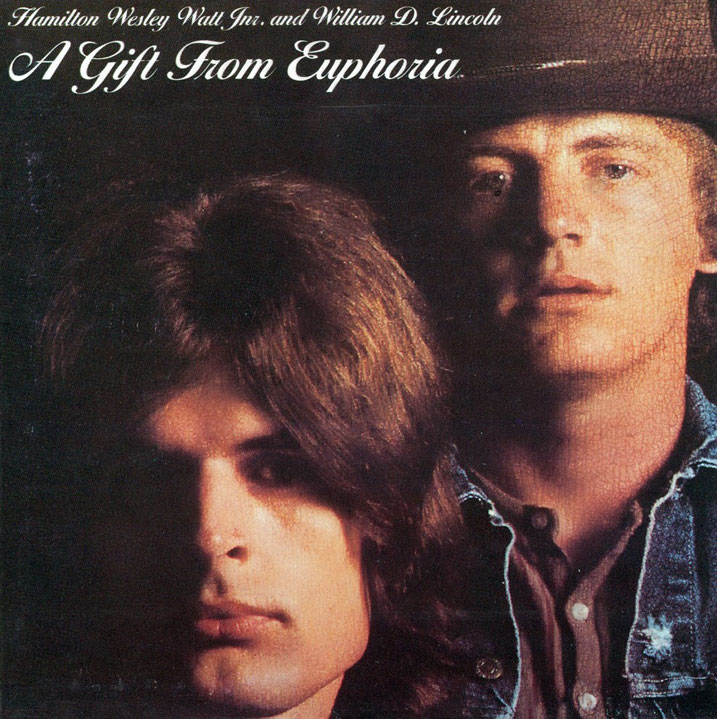
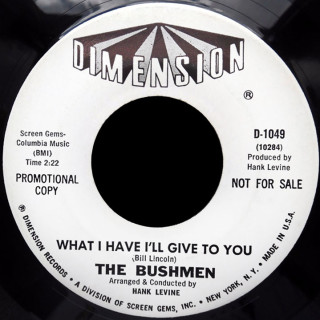
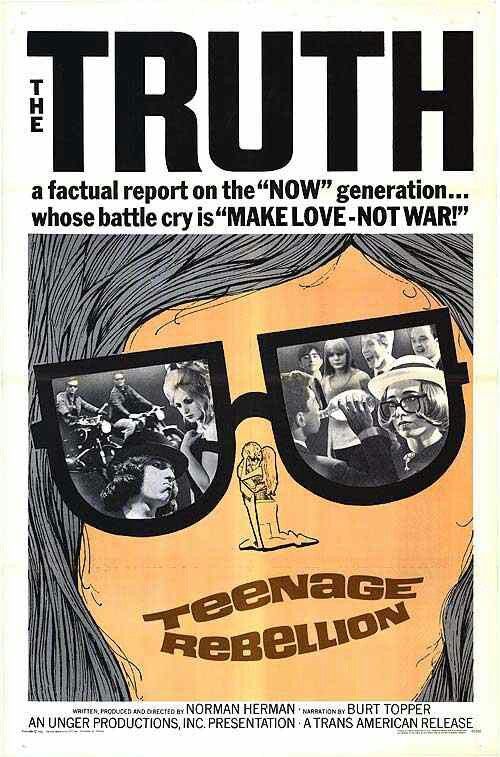
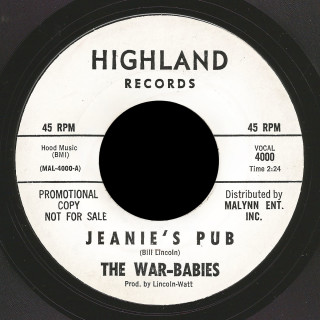
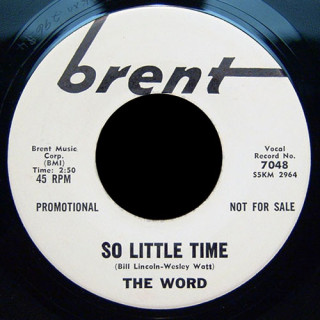
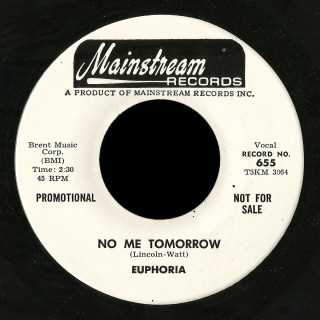
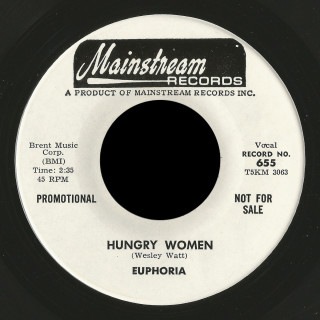




















 Their recordings vary greatly, with lesser tracks ranging from sacharrine ballads written by industry hacks to unspectacular versions of popular soul songs, and later on to sludgy blues covers. Still, almost every 45 and lp release has something to recommend it and a few are really superb. Like most Japanese productions of the period these are all in stereo, and the band makes good use of it.
Their recordings vary greatly, with lesser tracks ranging from sacharrine ballads written by industry hacks to unspectacular versions of popular soul songs, and later on to sludgy blues covers. Still, almost every 45 and lp release has something to recommend it and a few are really superb. Like most Japanese productions of the period these are all in stereo, and the band makes good use of it.





 Here’s an overview of early recordings by members of Love, including Arthur Lee, Bryan MacLean and Ken Forssi who have passed away, and Johnny Echols who is thankfully still with us.
Here’s an overview of early recordings by members of Love, including Arthur Lee, Bryan MacLean and Ken Forssi who have passed away, and Johnny Echols who is thankfully still with us.



